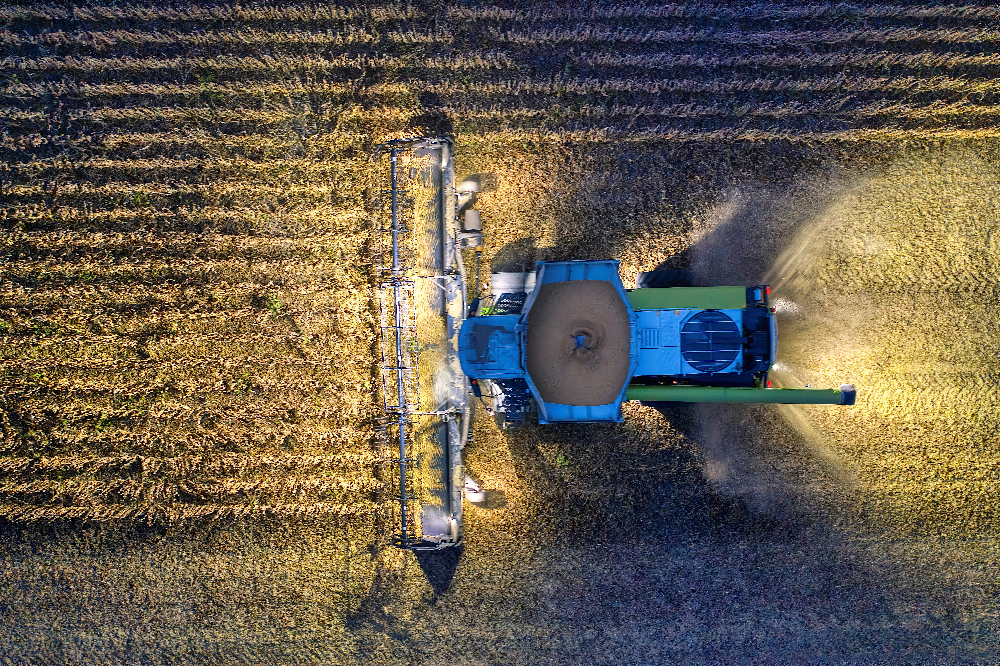Understanding the dangers of chemical exposure, and knowing one’s rights and recourses in the event of injury, are key steps towards ensuring the safety and wellbeing of agricultural workers worldwide.
Agriculture is a vital industry, providing food and other resources essential for daily life. However, it is also an industry fraught with hazards, ranging from exposure to toxic chemicals to the risk of physical injury. This article delves into the various hazards associated with agricultural work, with a special focus on the risks posed by exposure to highly toxic substances. Additionally, we will explore potential legal proceedings available to those who have been harmed or injured in the course of agricultural work.
The Hazards of Agricultural Work
Agriculture involves a myriad of activities, including planting, harvesting, handling livestock, and applying pesticides and herbicides. Each of these activities carries inherent risks:
Chemical Exposure:
Agricultural workers are frequently exposed to a variety of chemicals, including fertilizers, pesticides, and herbicides. Paraquat, a potent herbicide, is particularly hazardous. Exposure can occur through inhalation, skin contact, or accidental ingestion, leading to severe health consequences, including respiratory issues, organ failure, and even death.
Physical Injuries:
The use of heavy machinery and equipment in farming operations can lead to serious injuries. Workers are at risk of being crushed, entangled, or struck by machinery, as well as suffering from back injuries due to heavy lifting.
Environmental Hazards:
Farmers work in all weather conditions, exposing them to extreme heat or cold, as well as the risk of dehydration and heat stroke. Additionally, prolonged exposure to dust and other airborne particulates can lead to respiratory issues.
Legal Protections and Proceedings for Agricultural Workers
Legal recourse is available for agricultural workers who have been injured or harmed due to workplace hazards.
Workers’ Compensation:
In many jurisdictions, agricultural workers are entitled to workers’ compensation for injuries sustained on the job. This can cover medical expenses, lost wages, and rehabilitation costs.
Personal Injury Lawsuits:

If an injury results from the negligence of an employer or third party (such as a machinery manufacturer), the injured party may have grounds for a personal injury lawsuit. These lawsuits can provide compensation for pain and suffering, as well as economic losses.
Product Liability Claims:
In cases where exposure to a toxic substance (such as paraquat) leads to injury or illness, affected individuals may be able to pursue a product liability claim against the manufacturer or distributor of the hazardous product.
Legal Challenges and Bans:
Given the severe risks associated with toxic substances, there has been a global movement to ban or restrict their uses. In jurisdictions where it remains legal, affected parties have pursued legal action to highlight the risks and advocate for stronger regulations.
Moving Forward – Advocacy and Change
For agricultural workers, understanding the hazards of the job and the available legal recourses is crucial. Advocacy for stricter regulations, safer working conditions, and the banning of highly toxic substances is an ongoing battle. By raising awareness and pursuing legal action when necessary, workers and their advocates can contribute to creating a safer agricultural industry.
Agricultural work is inherently hazardous, but awareness and legal action can mitigate the risks. Understanding the dangers of chemical exposure, and knowing one’s rights and recourses in the event of injury, are key steps towards ensuring the safety and wellbeing of agricultural workers worldwide.


Join the conversation!